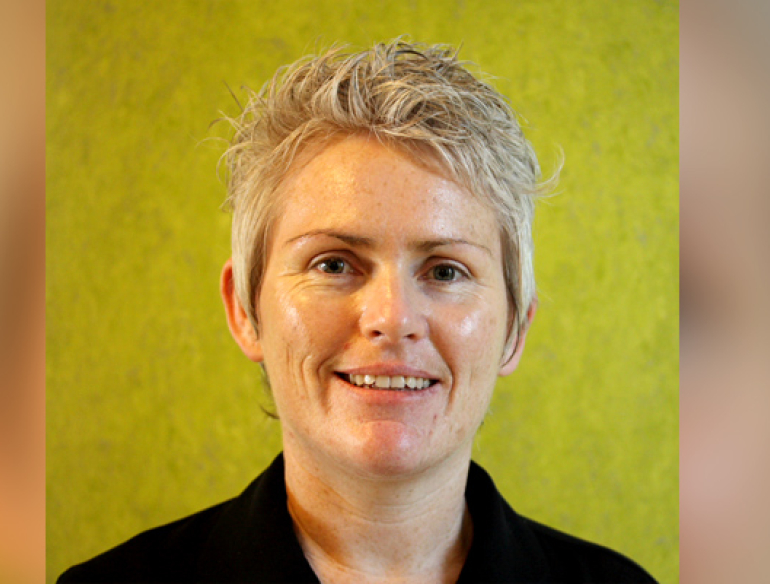The Kirby Institute is delighted to welcome Professor Claire Vajdic, a leader in cancer epidemiology and population health.
Prof. Vajdic is recognised nationally and internationally as a leader in research using linked administrative health data. She advocates for improved researcher access to real-world data for research through her leadership of RADiANT and the ARDC-funded LINked Data Asset for Australian Health Research (LINDAHR).
Prof. Vajdic has a strong track record of using data linkage to inform cancer causes and improve cancer health services. She helped build enduring population-based NSW data platforms on medicines safety and effectiveness, surgery, and early life course for mothers and babies. These platforms are based at the Centre for Big Data Research in Health at UNSW.
Prof. Vajdic will join the Kirby Institute’s Surveillance and Evaluation Research Program, and Program Head Professor Rebecca Guy says that she brings with her a wealth of knowledge and expertise in data linkage research. “Professor Vajdic is one of Australia’s leading data linkage researchers and has developed some extremely innovative platforms that have had an enormous impact on public health policy and clinical practice,” says Prof. Guy. “She has a strong background in dedicating her work to high-risk and underserved populations, and we are fortunate that she is bringing her expertise and passion in this area to infectious disease research at the Kirby Institute.”
Prof. Vajdic has already commenced working on a project examining HPV vaccination coverage for adolescents with disability, and is doing scoping work for the Pathogen Genomics initiative that will integrate public health metadata with viral genomic data. Prof. Vajdic says she is looking forward to expanding her research portfolio. “I’m delighted to be back at the Kirby Institute and collaborating on world-class projects to reduce the burden of infectious diseases. There is enormous potential to leverage new developments in sharing and using public data.”
